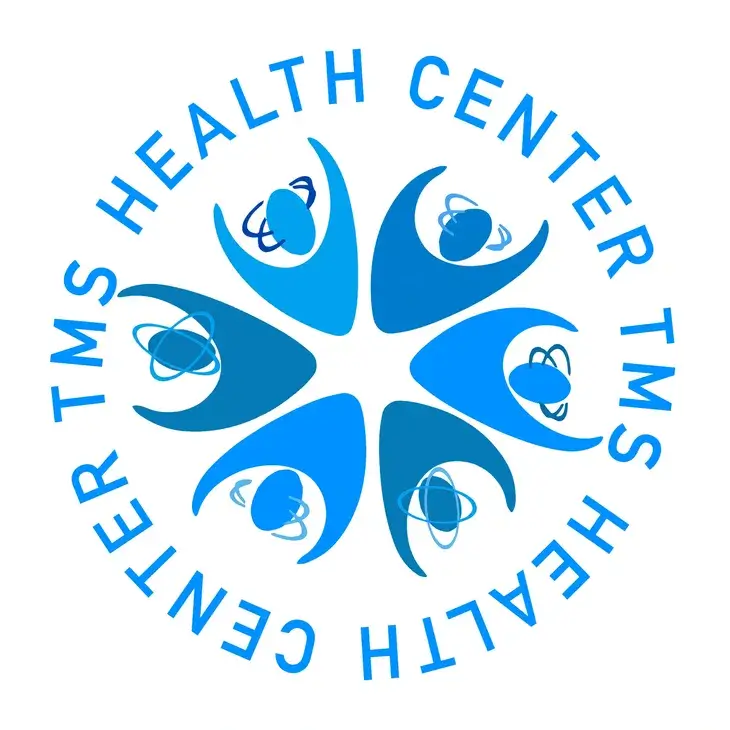Services

Neurological Evaluation
Click to Learn More
Neurological Evaluation
At Balance and Dizziness Center, our mission is to provide compassionate and comprehensive medical care to all of our patients. Our board-certified neurologist, Dr. Michael Heublum, conducts a thorough evaluation to determine which tests are needed to diagnose the problem.
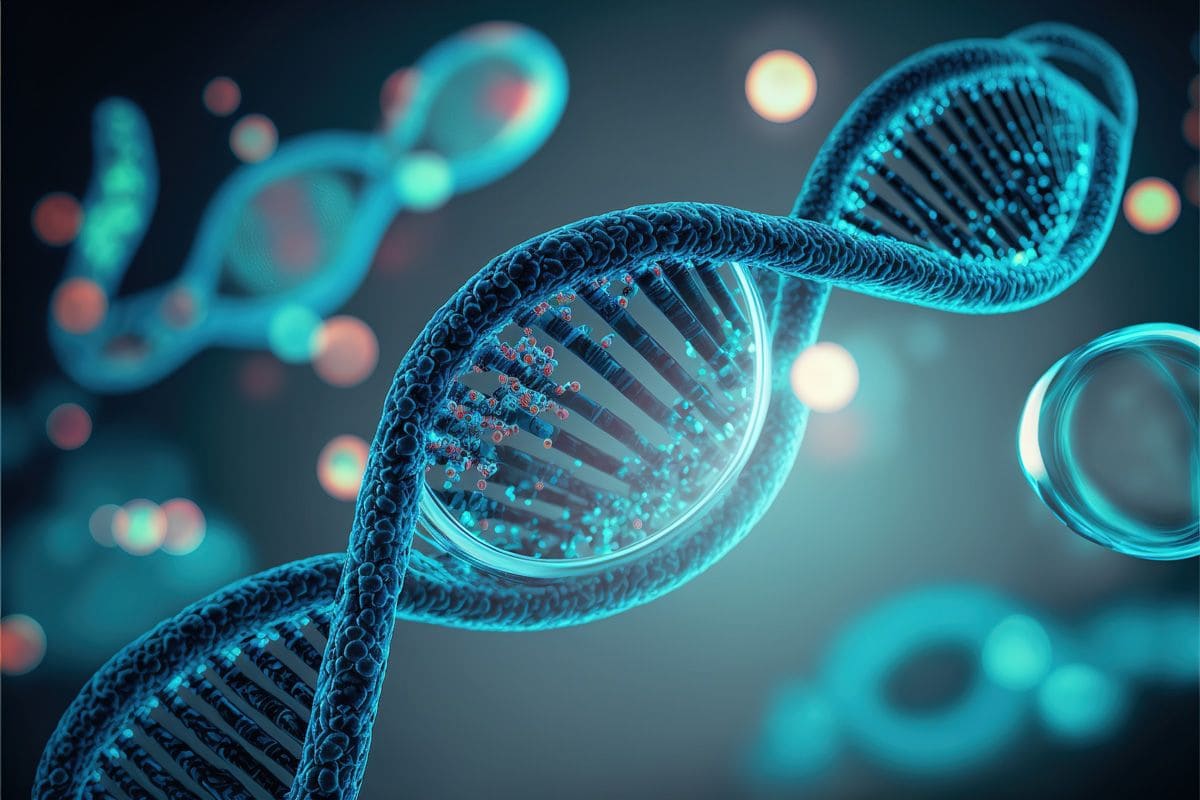
Genetic Testing
Click to Learn More
Genetic Testing
Genetic testing analyzes your DNA to look for genetic variations that may increase your risk for specific diseases or conditions. For neurological disorders like dementia and Alzheimer's, genetic tests can reveal whether you carry certain genes that could predispose you to these conditions.
Genetic tests may be useful in diagnosing or predicting conditions such as:
- Alzheimer’s disease
- Huntington’s disease
- Parkinson’s disease
- Frontotemporal dementia
- Hereditary neurological conditions
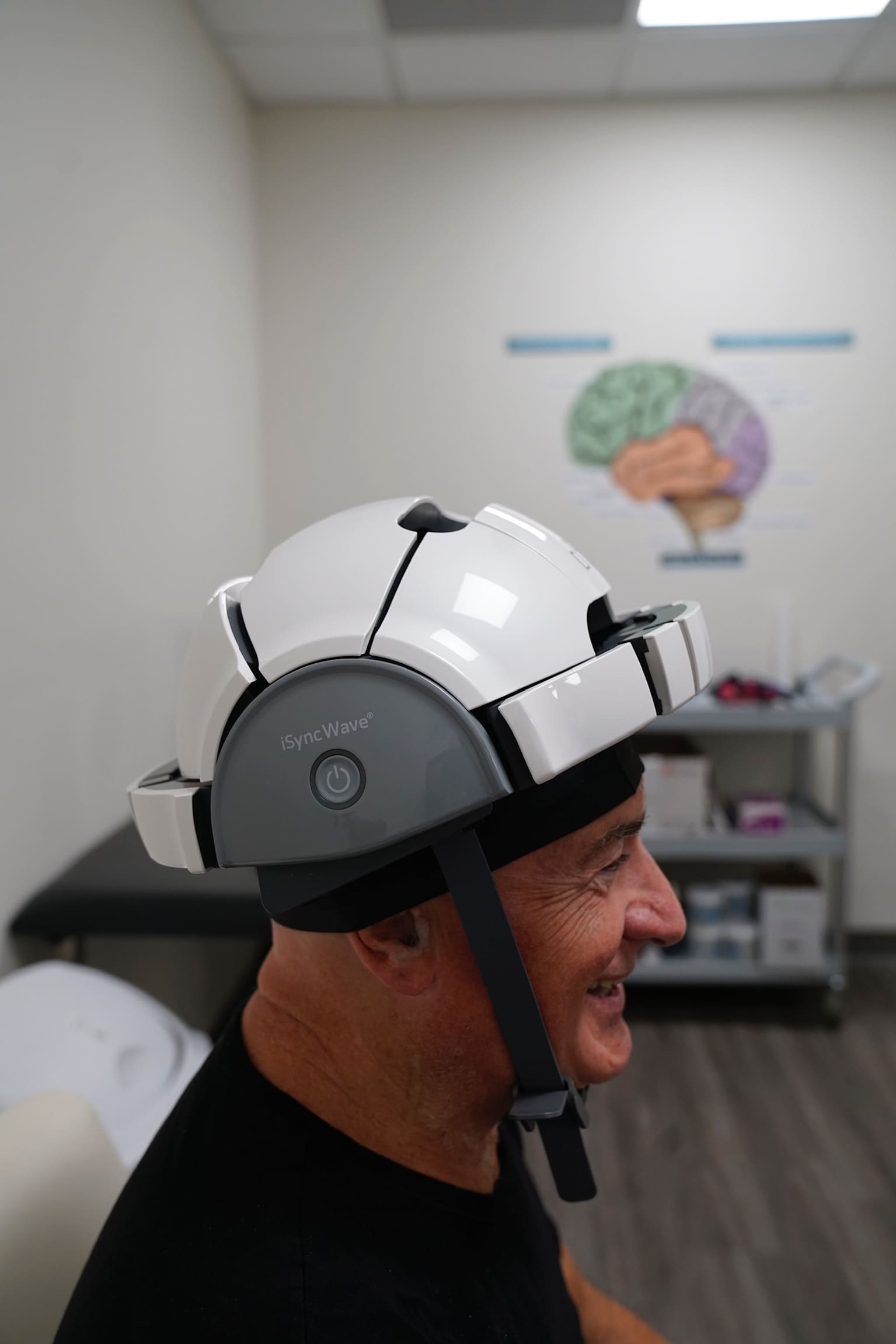
Mental Status Assessment
Click to Learn More
Mental Status Assessment
A mental status assessment is a clinical evaluation used to assess various aspects of a persona's cognitive and emotional state. This includes:
- Memory and recall ability
- Attention and concentration
- Language and communication skills
- Orientation to time, place, and person
- Judgment and problem-solving
- Mood and emotional state
These assessments are vital for diagnosing conditions such as dementia, depression, anxiety, and other mental health or neurological disorders.
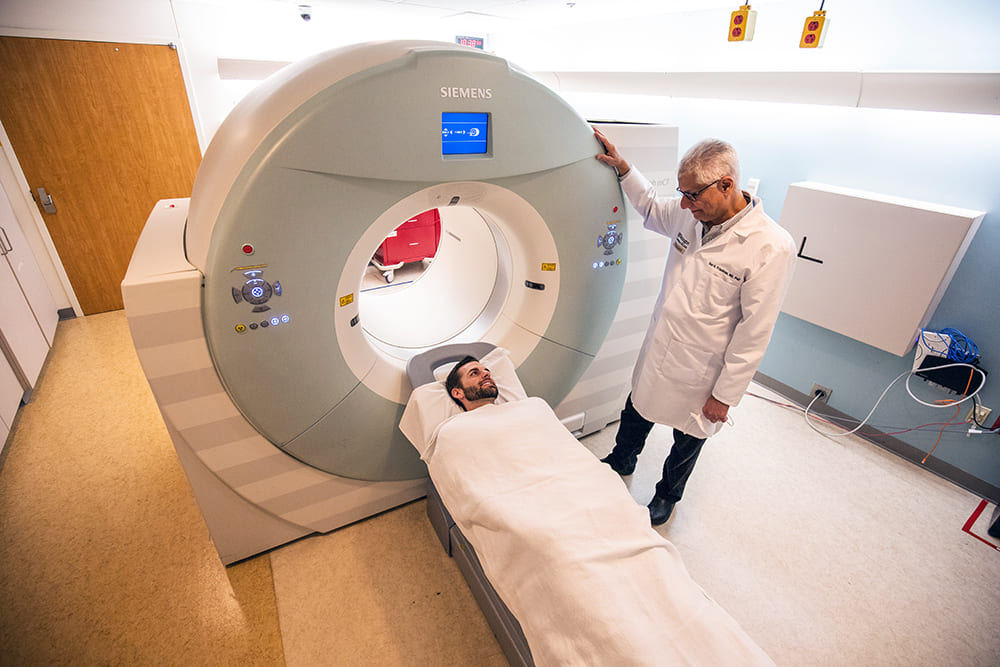
MRI/PET Scans
Click to Learn More
MRI/PET Scans
MRI (Magnetic Resonance Imaging) and PET (Positron Emission Tomography) scans are advanced imaging techniques that play a crucial role in diagnosing Alzheimer's disease.
MRI scans are used to produce detailed images of the brain's structure. They can detect changes in brain size and volume, which are indicative of Alzheimer's. In Alzheimer's patients, MRI can reveal shrinkage in specific areas of the brain responsible for memory and cognitive functions.
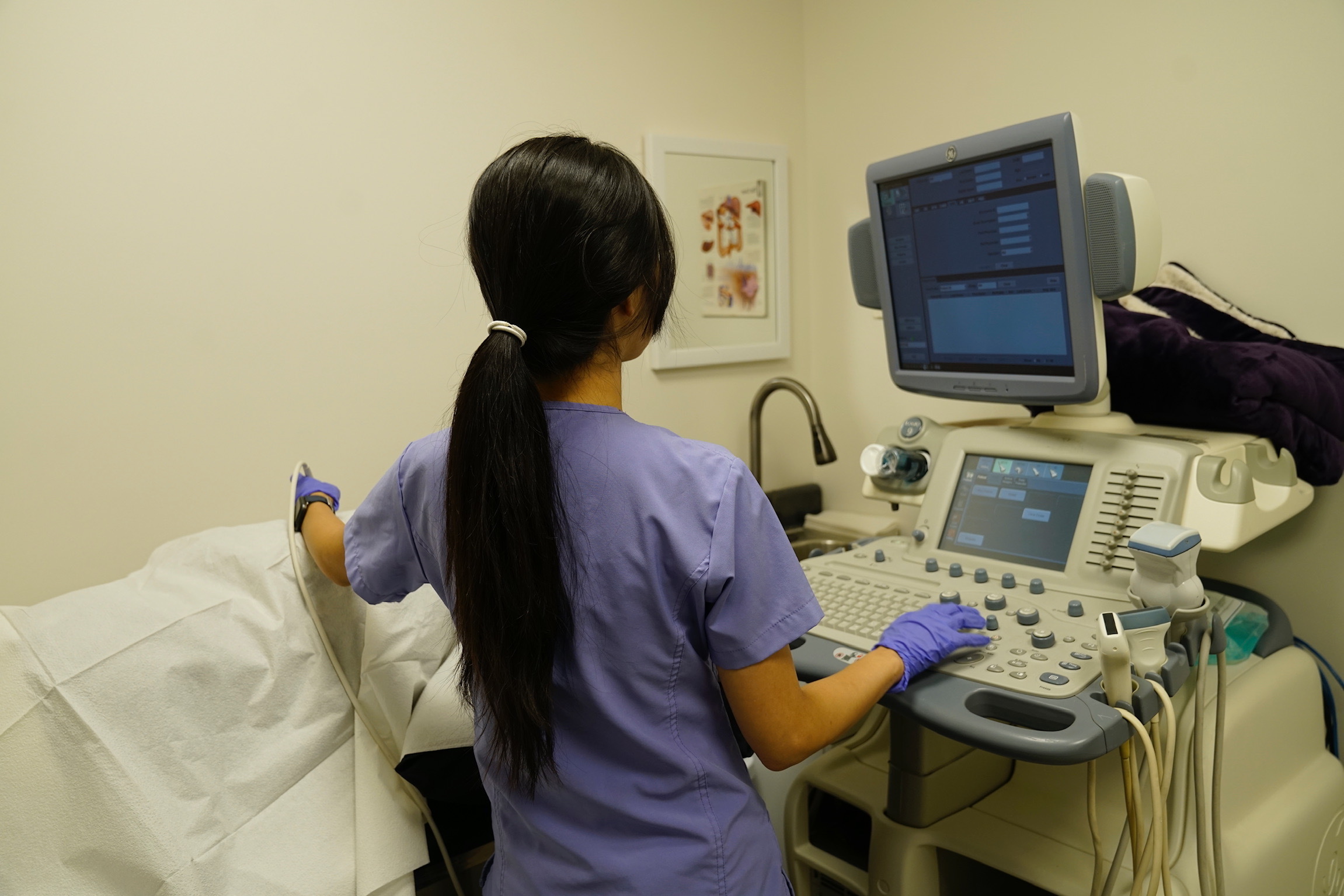
Ultrasounds
Click to Learn More
Ultrasounds
TCD and carotid imaging techniques are valuable tools in diagnosing dementia. TCD measures blood flow velocity in cerebral arteries, detecting abnormalities that contribute to cognitive decline. Carotid imaging examines carotid arteries, identifying blockages or narrowing that impede blood flow to the brain.
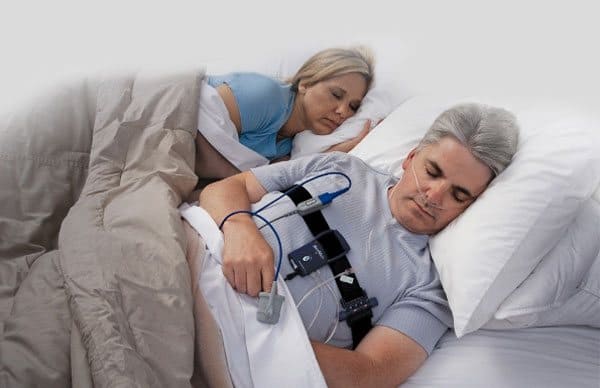
Sleep Disorder Test
Click to Learn More
Sleep Disorder Test
Electroencephalography (EEG) and home sleep testing kits are valuable tools in diagnosing sleep disorders that can have a profound impact on cognitive health. Research has shown that sleep disturbances can contribute to memory loss and increase the risk of developing Alzheimer's disease.
By analyzing brain wave activity during sleep, EEG can detect abnormalities in sleep patterns that may be linked to cognitive decline. Home sleep testing kits provide additional insights into sleep quality, duration, and stages, helping to identify potential sleep-related contributors to memory impairment.
